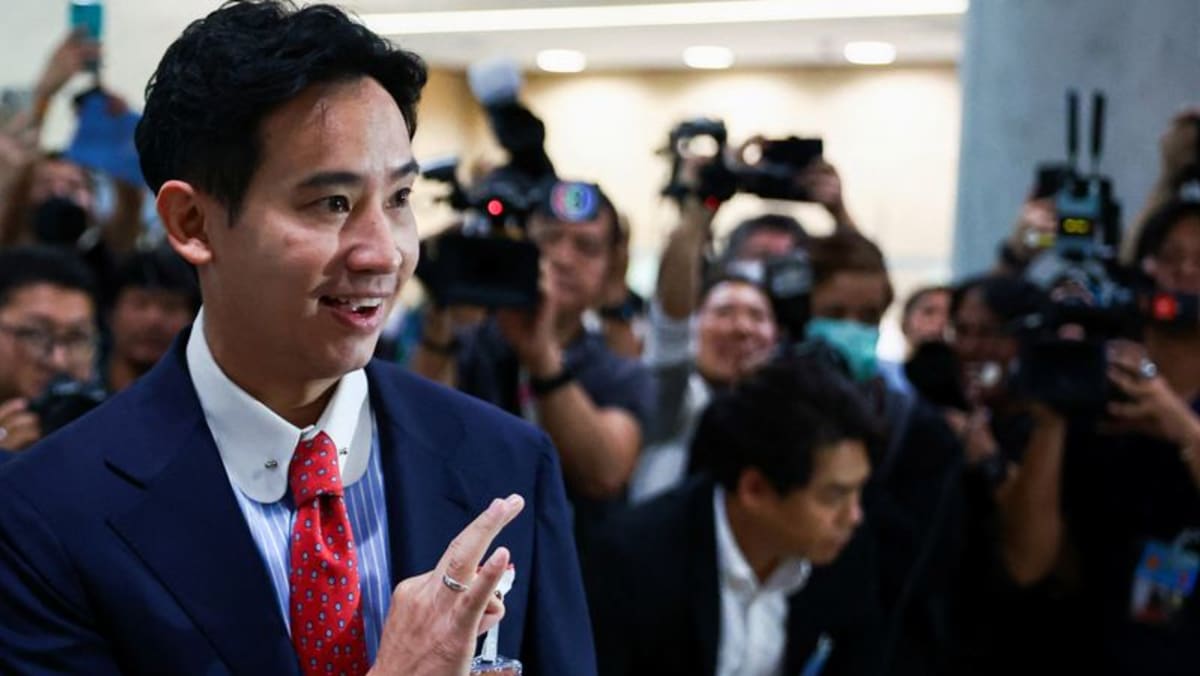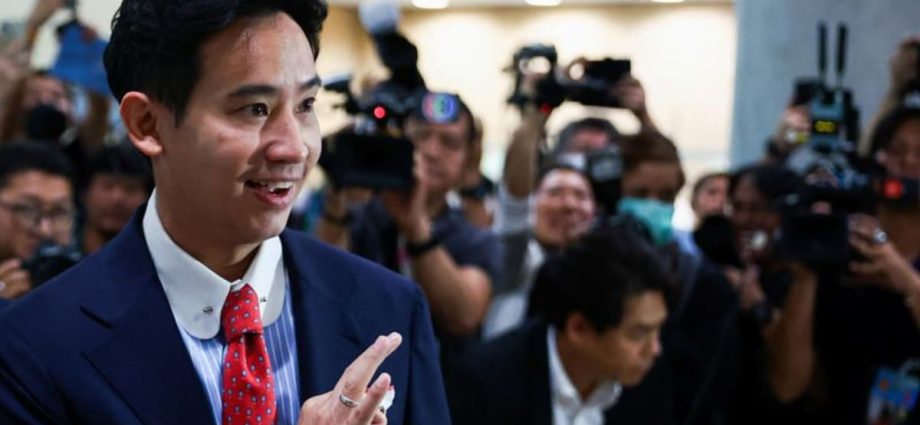
The second is if the Constitutional Court decides to disqualify Mr Pita from the second round based on alleged violations of electoral laws. This would effectively force the opposition to nominate someone else or risk being out-manoeuvred by an incumbent coalition leader.
Arguably, this outcome would also simplify the intra-opposition bargaining process by taking Mr Pita out of the picture, paving the way for Pheu Thai to lead in forming the government. Pheu Thai will work hard to keep Move Forward on board but once again, the sticking point will be the lese-majeste reform. This will likely result in a Pheu Thai-led coalition with conservative parties, with Move Forward in the opposition.
A RETURN TO MAY 2014 AND MILITARY INTERVENTION?
Of course, it is entirely plausible that none of these developments will transpire, and everyone sticks to their original scripts next week.
Mr Pita may not give way to Pheu Thai; Pheu Thai may fear breaking away from Move Forward at the risk of losing credibility with progressive voters; the Constitutional Court may not want to risk sustained demonstrations and violence in Bangkok by taking the nuclear options of removing Mr Pita or dissolving the Move Forward Party – which happened to the party’s predecessor Future Forward Party in early 2020.
This scenario would not only prolong the political limbo but tip Thailand towards a situation where unrest becomes more disruptive and overt military intervention becomes increasingly likely. A return to May 2014 may be around the corner.
Harrison Cheng is a Director in risk consultancy firm Control Risks.

